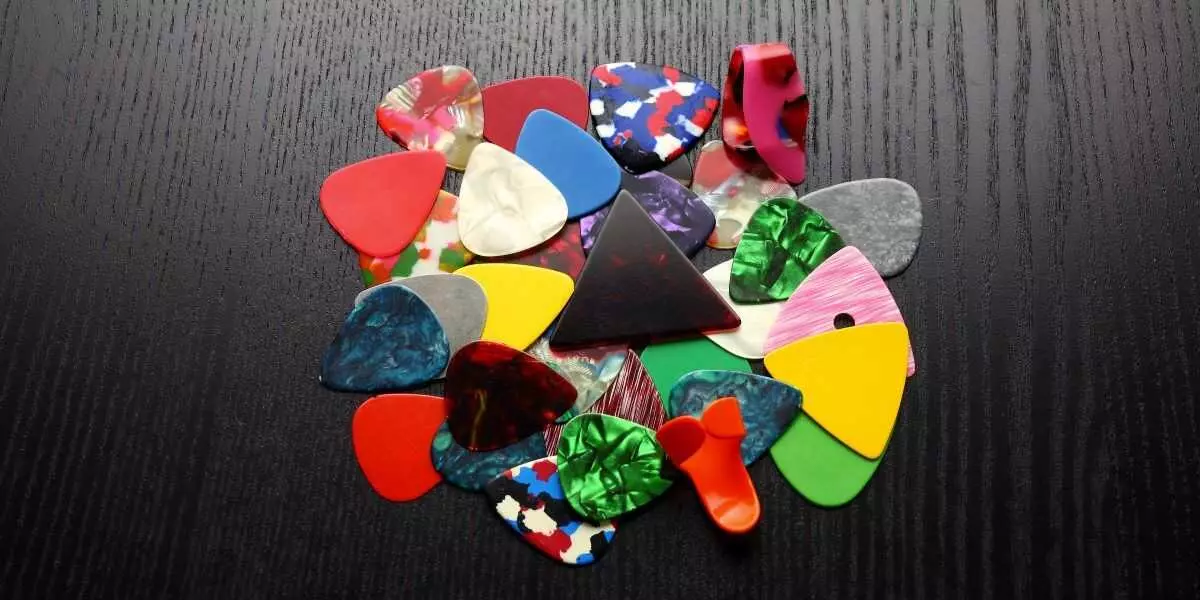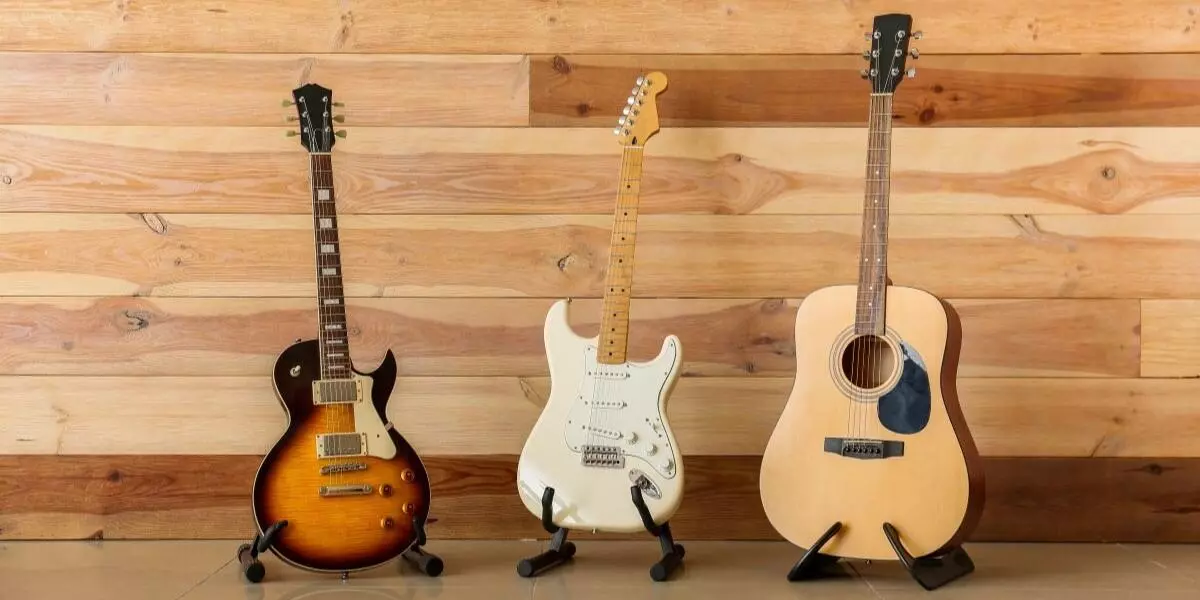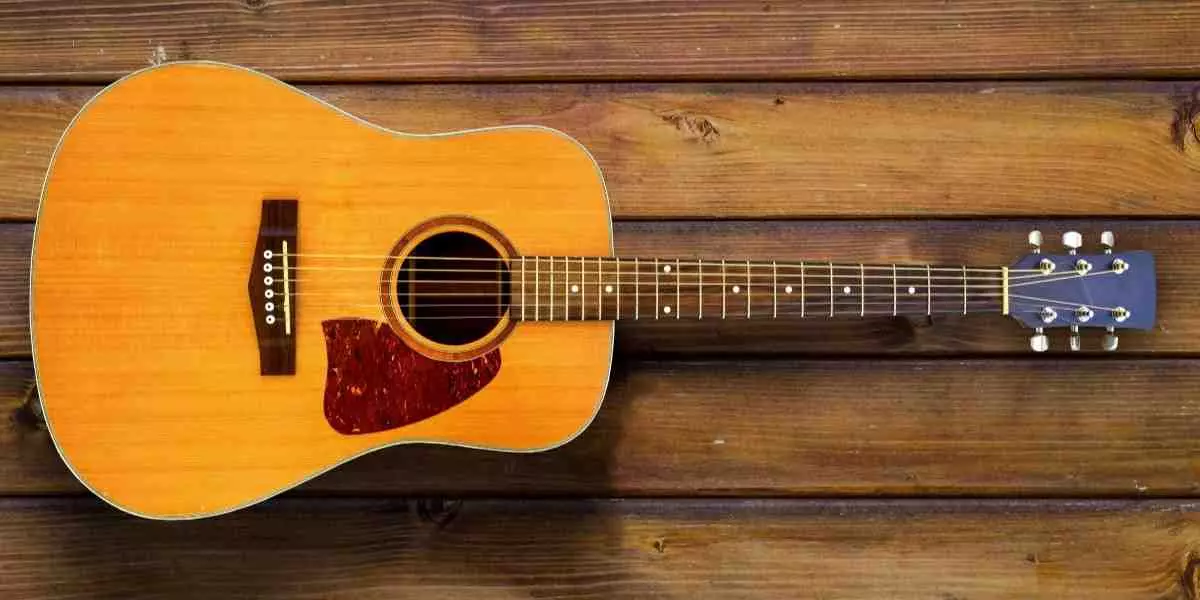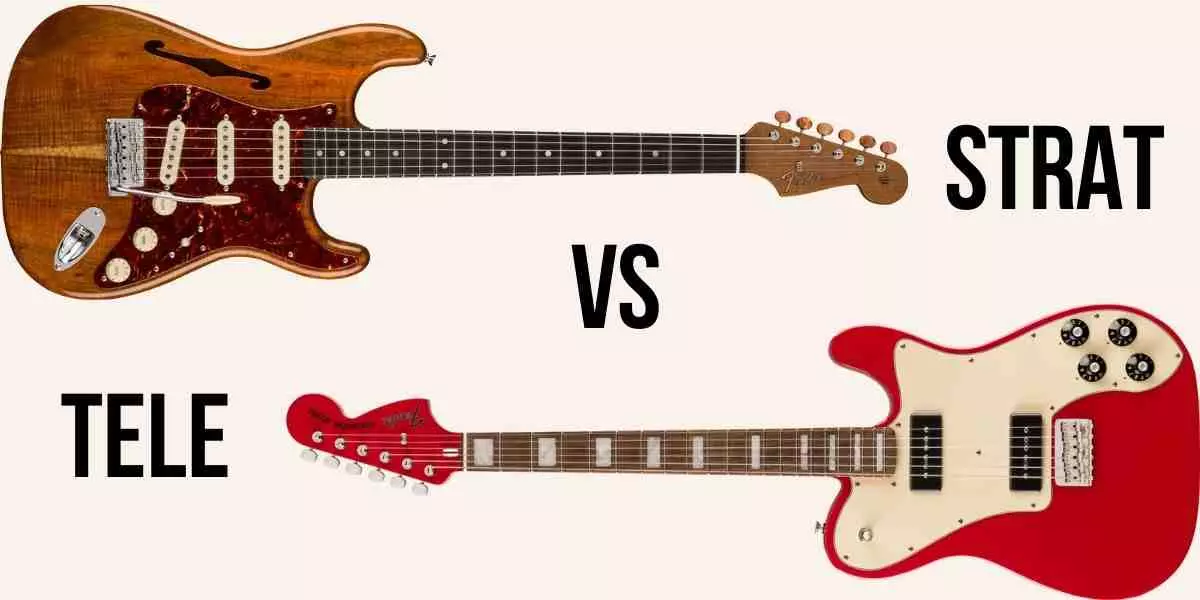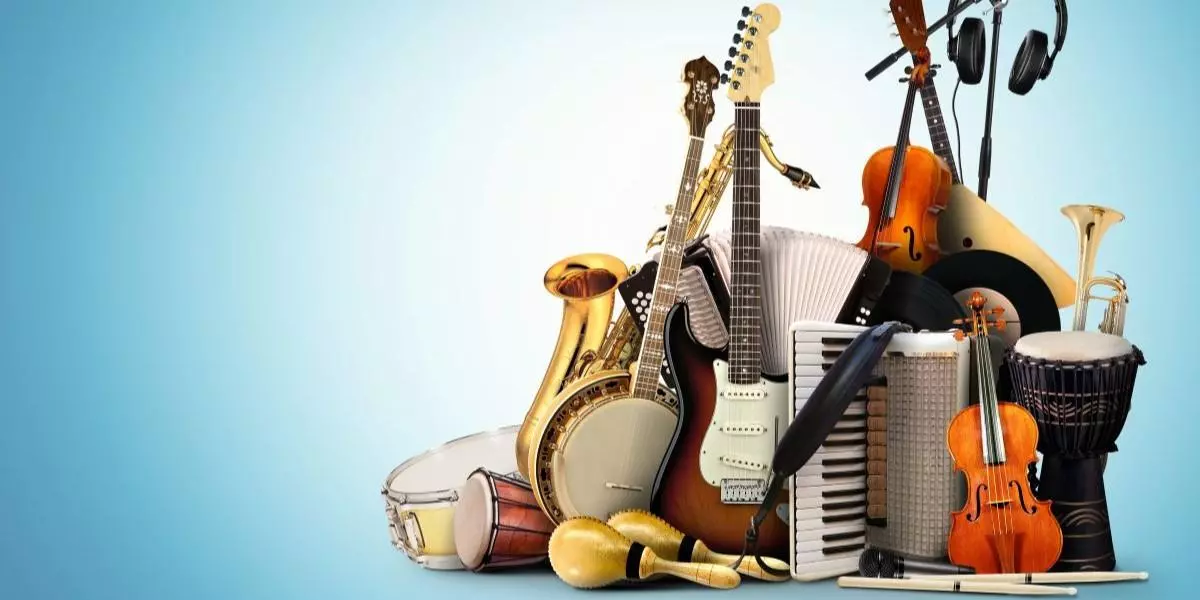Questions to Ask When Buying an Acoustic Guitar
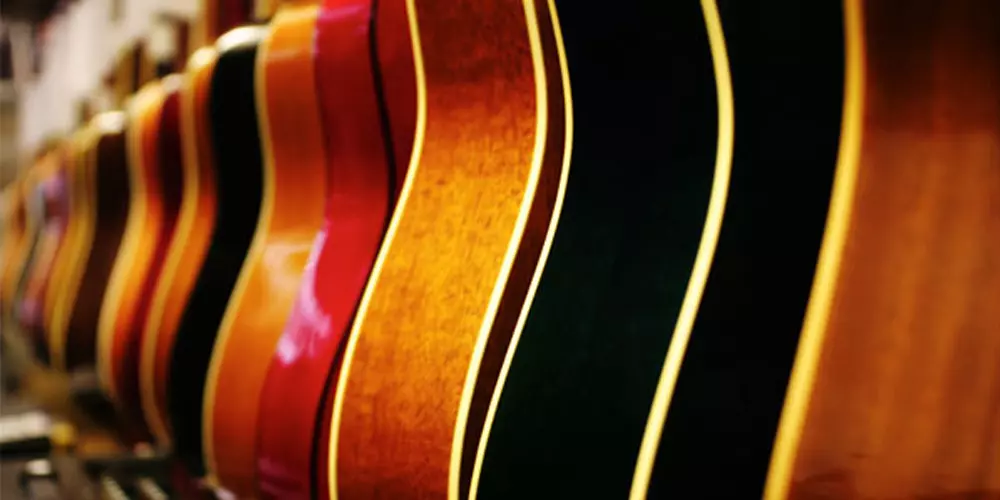
I have sold acoustic guitars at Long & McQuade for years, and have been asked many very good questions from customers – questions that you should ask yourself before buying your next guitar.
What style of music do I want to play?
Or more simply: what do I want this guitar to do for me? What was the motivation to pick up the guitar in the first place? If you are moving on to your second or third guitar, what is it that you are progressing toward? Blues fingerpickers are going to end up with a different guitar than a concert classical guitarist, and a folk troubadour will want another guitar entirely. If you want to sound like Neil Young, you might want to look at a dreadnought steel string, so that you can get that big sound. If you are headed down the jazz path or into fingerstyle, you might want to look at guitars with a more subtle sound. It’s good to approach your purchase with a good sense of the “why” – so that your salesperson can help you with the “what.”
What size of guitar will work for me?
A lot of people ask me if their hands are too big, small, round, fat, thin, purple, etc. to play guitar. The answer is a resounding “no.” There is nothing about your hands that can’t be overcome. Django Reinhardt and Tony Iommi became world class guitar players and both were missing fingers. But some physical factors can come into play. People who are small of stature or with inhibited movement in their shoulders should make sure they get a guitar that is comfortable to play for extended periods. Sometimes this means sacrificing your ideal sound for comfort, but the good news is, as you continue playing and your muscles adapt, you may find yourself more comfortable on any guitar.
What’s the difference between classical (nylon) string guitars and steel string guitars?
Nylon string guitars (classical, Latin, and hybrid guitars) have three nylon strings and three strings that are silver-wrapped nylon. Steel string acoustics have two or three plain (unwound) strings, and three or four bronze-wound bass strings. The major difference between the two is sound. Nylon strings have a softer sound and feel, whereas bronze strings will give you more volume, with a more percussive attack. The biggest mistake I think beginners make is to assume that nylon strings will be easier on their fingers, and they get a guitar that isn’t right for them. That may be true for the first few weeks of playing, but in the end you should buy a guitar that is going to suit the sound you want, rather than try to save your fingers a bit of sting. Get yourself a nylon string guitar if you want to play classical, Latin, or fingerstyle (maybe). If you like rock n’ roll, country, folk, jazz, blues, etc. then get a steel string guitar.
Do I want a pickup?
There are a couple of very good reasons to buy a guitar with an electronic pickup: one is that you want to perform, and therefore you need to plug into an amplifier or PA system. Another reason would be that you want to experiment with effects or with a looping pedal. Pickups offer you versatility: you can play it out any time you like, even if it’s a last minute decision to play at an open mic. The downside of a pickup is that it costs a few extra dollars. The difference in price isn’t huge in the mid to high end, but in a beginner’s guitar, a pickup could count for a third of the cost of the guitar. I would much rather see a customer spend the extra money on the next step up in quality, rather than on electronics that won’t be used.
Do I want laminate or solid wood?
Solid wood guitars, in theory, sound better than laminate guitars because they vibrate better. Also, as time passes, solid wood responds to the vibration of the guitar and creates a warmer tone. A solid wood guitar ages and matures, similar to how a wine matures and deepens in flavour over the years. However, laminate guitars have some advantages: they are cheaper than solid wood guitars and somewhat more durable. A laminate guitar will not mature in tone, but that’s ok if you like the sound of the guitar when you first buy it.
How much should I spend?
I put this question last, but really it’s one of the first questions I will ask a customer. Sometimes we need to match budget with reality. In the end, the best guitars will cost a pretty penny. At around the $2000-$3000 point you are getting a phenomenal, factory standard guitar from a brand that has established itself for quality. Above that you get the truly special guitars. All that being said, there are very good sounding guitars that come in under the $1000 price point - just don’t expect too much fanciness. Beginners shouldn’t spend too much. You will probably want to change up eventually when you start to discover your own style. Under $500 is probably just fine unless money is no object for you!
In the end, your sound, your style, your guitar is up to you to find, but a knowledgeable salesperson can help you sift through the mysteries.
K.C. Hingley started working at Long & McQuade in 2005 and has been the manager of the Courtenay, B.C. location since April, 2012. His original band, Men Against the Sea, recorded its debut album, 10 More Songs About Movies in 2012, and released a new single in April, 2015.

